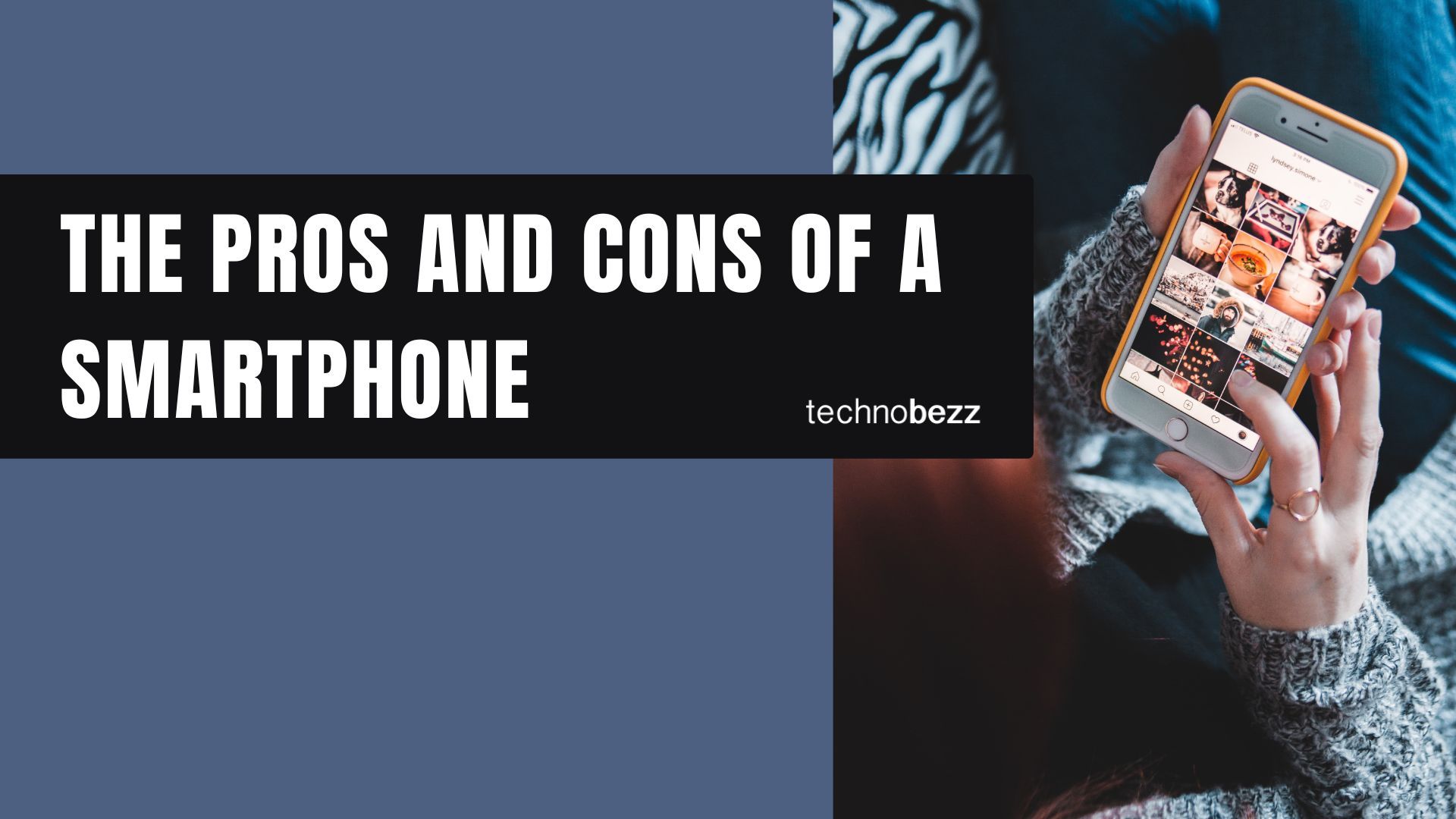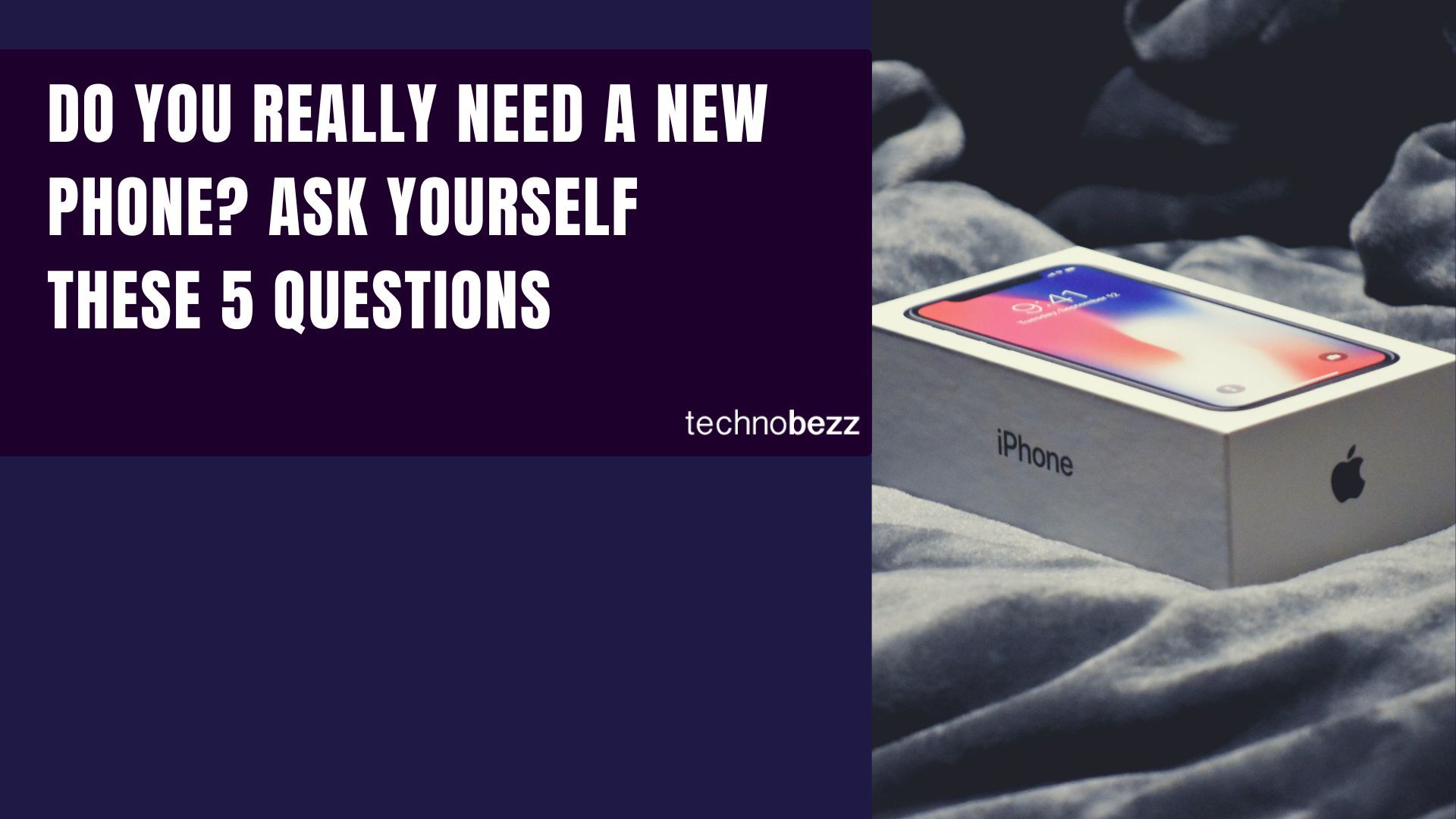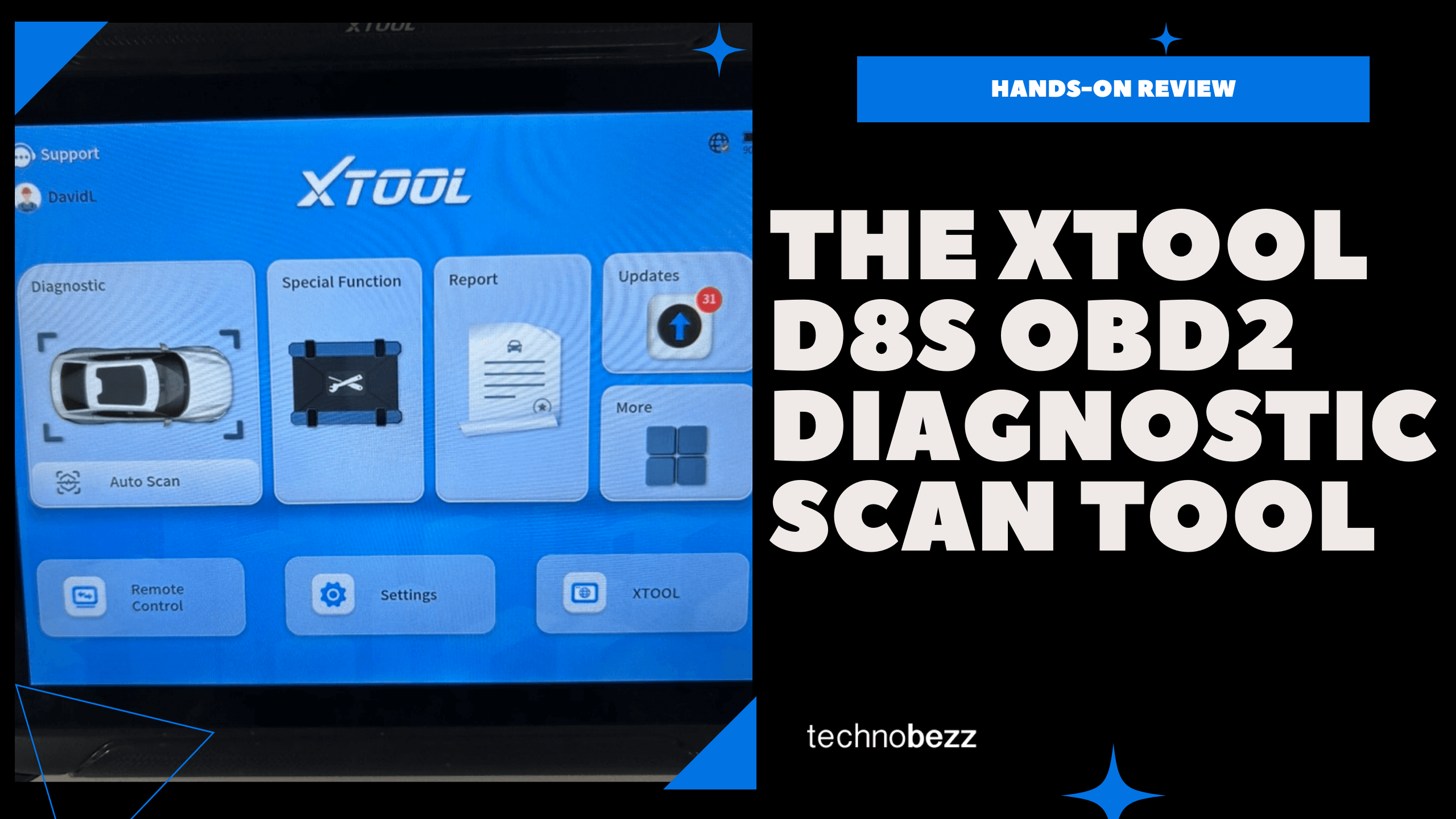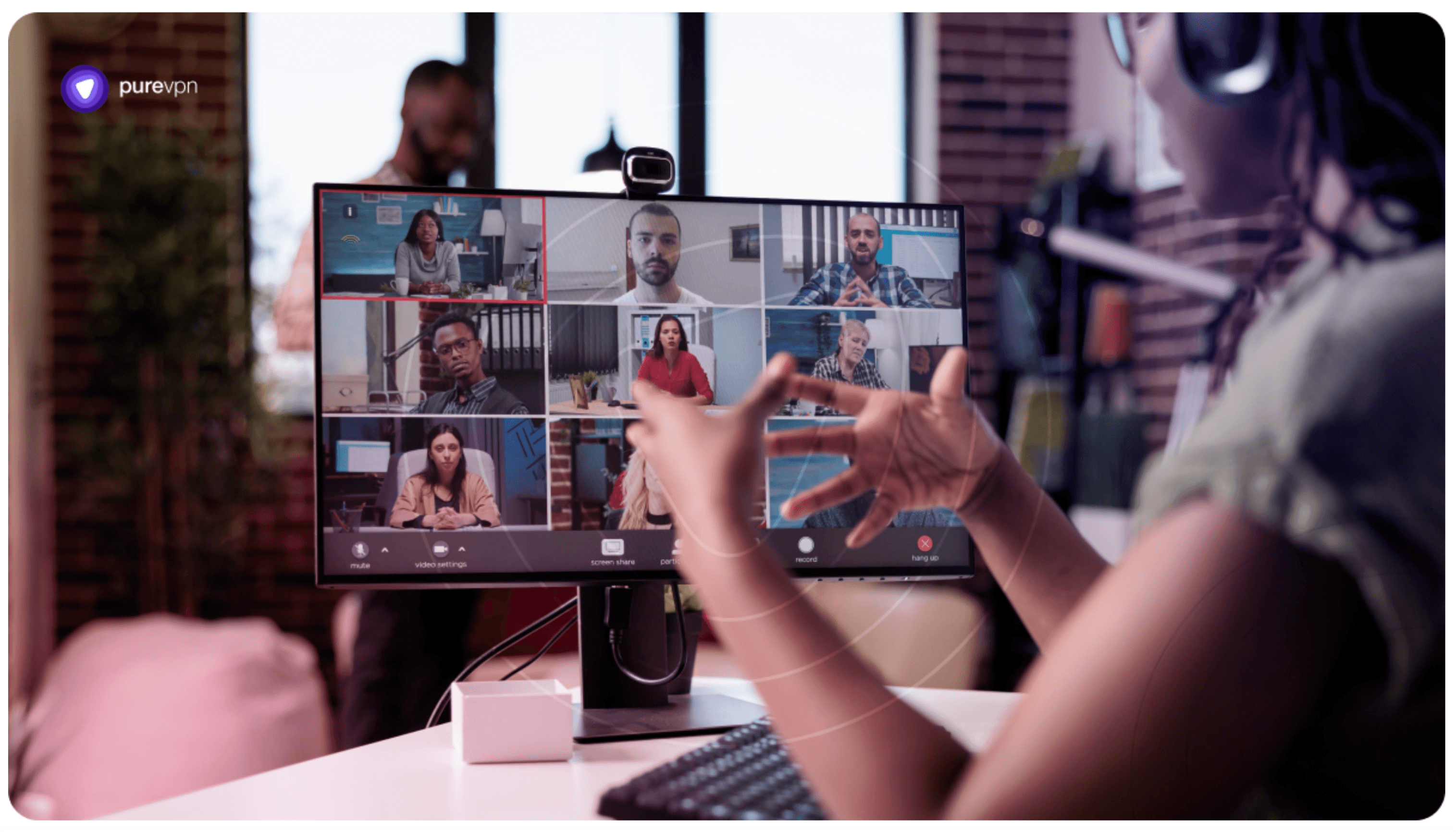Smartphones have become essential tools in our daily lives, offering incredible convenience while also presenting some significant challenges. These pocket-sized computers have transformed how we communicate, work, and entertain ourselves, but they also come with important considerations about privacy, health, and social impact.
Read also - Netflix Pros and Cons - What You Should Know Before Subscribing
Key Advantages of Smartphones
Easy Communication and Social Connection
Your friends and family are just a message away, no matter where you are in the world. Smartphones help bridge distances through instant messaging, video calls, and social media apps. You can capture life's important moments with photos and videos and share them instantly with loved ones.
Productivity and Task Management
With apps for nearly everything, smartphones make completing daily tasks much easier. You can order food while commuting home, shop online when stores aren't nearby, create to-do lists, write notes, and manage work reports all from your device. The built-in calendar and alarm features help you stay organized and never miss important appointments.
GPS Navigation and Location Services
Your smartphone serves as a powerful GPS device with navigation apps that provide turn-by-turn directions for drivers and pedestrians. Many apps also alert you to traffic jams and suggest alternative routes, helping you reach your destination faster and more efficiently.
Entertainment and Information Access
Beyond practical uses, smartphones offer endless entertainment options. You can watch videos, listen to music, play games, and access information about local attractions, restaurants, and events. When you're in an unfamiliar city, your phone can help you discover interesting places to visit and read reviews before you go.
Educational Resources
Smartphones provide access to educational apps and online courses, making learning more accessible. Research shows that 49% of Android users choose education apps to explore new topics and make studying more interactive.
Important Disadvantages to Consider
Privacy and Security Risks
While smartphones offer privacy features like passcodes and fingerprint locks, they also present significant security risks. If your phone is lost or stolen, personal information including financial data and private messages could be compromised. Recent research shows that interactive apps and AI chatbots can make users feel more playful and lower their privacy concerns, potentially leading to oversharing of sensitive information.
Distraction and Safety Concerns
Smartphones can be major distractions, especially while driving or during important meetings. Studies indicate that communicating on a smartphone while driving contributes to more than 16 million accidents each year in the US alone. Social etiquette also suffers when people prioritize their phones over face-to-face conversations.
Health Implications
Heavy smartphone use has been linked to several health issues. The blue light emitted from screens can interfere with sleep patterns by suppressing melatonin production, making it harder to fall asleep. Extended screen time may also cause eye strain and potentially affect brain chemistry, particularly in younger users.
Addiction and Social Isolation
Many people develop smartphone addiction, checking their devices first thing in the morning and last thing at night. This constant connectivity can lead to reduced real-world social interactions and may interfere with developing meaningful relationships offline.
Data Tracking and Monitoring
Smartphones constantly track your location and activities. Apps collect data about your movements, preferences, and behaviors, often sharing this information with third parties for advertising purposes. While some tracking is necessary for app functionality, users should be aware of how much data they're sharing.
Finding the Right Balance
Smartphones offer incredible benefits that have transformed modern life, but they also require mindful use. To maximize advantages while minimizing disadvantages, consider setting boundaries around phone use, being selective about app permissions, and taking regular breaks from screen time. By using smartphones intentionally rather than compulsively, you can enjoy their benefits while protecting your privacy, health, and real-world relationships.









